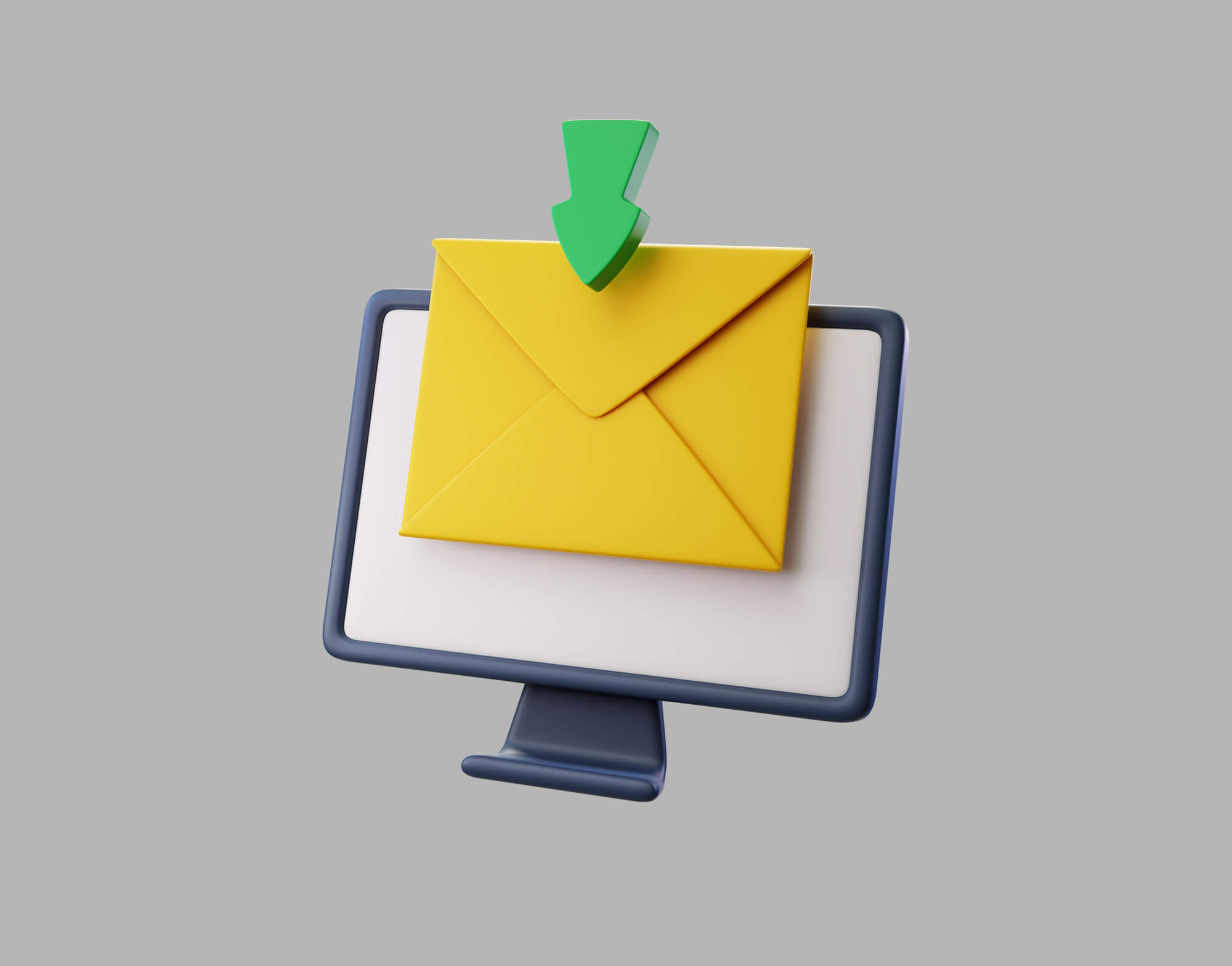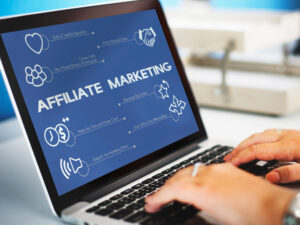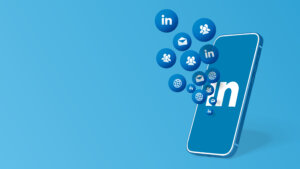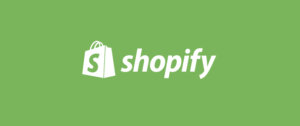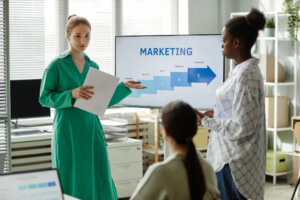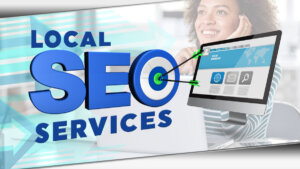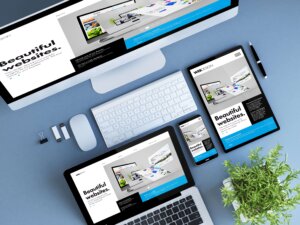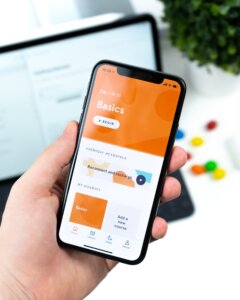How to Create Newsletters That Capture Attention
In the last post, we discussed items #1-6. Today, we explore #7-13 … all very easy to incorporate and make dynamic improvements in your email open rates.
As we mentioned in the last post, this list incorporates the most important components of a successful email newsletter, with a few examples of how to use them. I’ve chosen to apply them to The Last Best Women – a nonprofit organization that offers microfinance to impoverished women in third world countries – but they apply to for-profit businesses just as well:
- Compelling Subject Line: (See previous post)
- Call to Action: (See previous post)
- Tell Stories: (See previous post)
- Testimonials/Quotes: (See previous post)
- Pictures: (See previous post)
- Mission/Vision: (See previous post)
- Facebook Like Button: FB, Twitter, other Social Networks – make it easy for readers to add them. Links placed first page, top of fold.
- Headings and Subheads: Readers today are scanners. If they see a large block of text, they’ll likely skip it. In order to get and keep their attention, use short, meaningful headings and subheads in larger, bolder fonts. Break up text into 2-4 sentences between each heading.
- Use a Chart to Track Something: If you give Readers something interesting to track, they’ll have another reason to open the next email. It could be the number of microfinance recipients worldwide, or the growth of your own organization, or a timeline to your first funding.
- Use a Tagline, or Explain the Organization’s Name: At first glance, your Reader should get the meaning of the newsletter in under TWO SECONDS. So add a tagline under the name, or dedicate some space to explain what “The Last Best Women” means. In the next two seconds, your newsletter should convey why the Reader should care. Many of the tips above help achieve that – especially compelling headings and subheads, and captions under pictures.
- Ask Readers for Input: Social Networking (including newsletters) is all about “engaging” your readers. Ask them for links to other microfinance organizations. Ask them what these organizations do right – or where they miss the boat. Engage your readers with questions – and post them on FB.
- Use a Conversational Tone: Social Media is casual and authentic. Accessible feeling. You are appealing to human emotion in your newsletter – with rich resources of human need, stories, pictures, mission, and successes (even if they’re others’ successes – you can talk about organizational role models for building your organization.)
- Use Strategic Keywords: Choose 2-3 important keywords. Place them in headings and subheads, and in the first 200 words of the text. They should be used 3% – meaning, of every 100 words, use each keyword 3 times. When you attach this newsletter to your website, it will be crawled by search engines and found because of this planned use of keywords. Tip: If you didn’t know about LBW, but were sitting at Google’s search bar and LBW was the perfect result you’re hoping to find, what would you type in the search bar? Those are your strategic keywords.
Newsletters are definitely an art. Your style will evolve as your organization evolves.
What tips work for your newsletter? What doesn’t work?
——————
For more resources, see our Library topics Marketing and Social Networking.
.. _____ ..
ABOUT Lisa M. Chapman:
Ms. Chapman’s new book has a name change! The Net-Powered Entrepreneur – A Step-by-Step Guide will be available very soon. With offices in Nashville Tennessee, but working virtually with international clients, Lisa M. Chapman serves her clients as a business and marketing coach, business planning consultant and social media consultant. As a Founder of iBrand Masters, a social media consulting firm, Lisa Chapman helps clients to establish and enhance their online brand, attract their target market, engage them in meaningful social media conversations, and convert online traffic into revenues. Email: Lisa @ LisaChapman.com
 Sections of this topic
Sections of this topic
